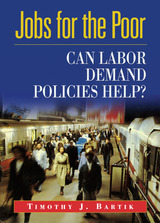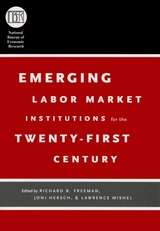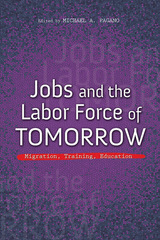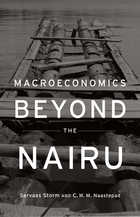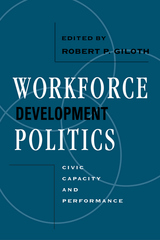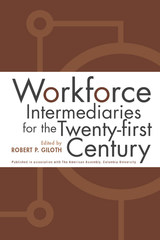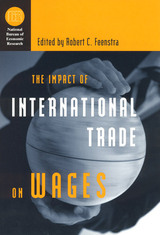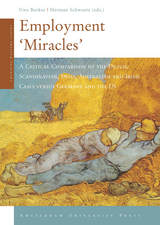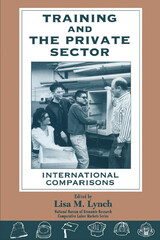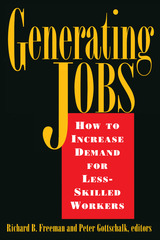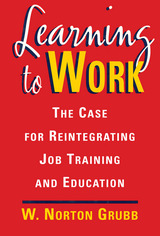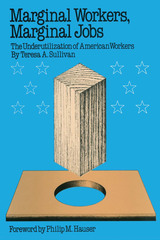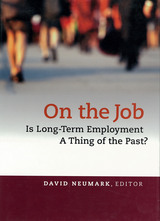Cloth: 978-0-674-80582-8 | Paper: 978-0-674-80583-5
Library of Congress Classification HD5710.W45 1984
Dewey Decimal Classification 339.5
In the pages of this intriguing volume, a cure to stagflation seems to be at hand. Martin L. Weitzman, one of America’s leading economic theorists, has hit upon a central feature of our economic life as the cause of this chronic malady: the standard practice of paying workers a fixed wage, regardless of whether a company is doing well or poorly. Weitzman shows in a clear straightforward way that an alternative labor payment system, in which a significant number of firms share profits or revenues with their employees (like the Japanese bonus system), provides immunity against stagflation; an economy of such firms automatically soaks up unemployed labor and resists inflation.
Under the Weitzman system, firms always have an incentive to take on more workers because the additional worker is paid only a fraction or share of the revenue he brings into the firm. General Motors and Eastern Airlines have already taken steps to implement profit and revenue sharing. Here, for the first time, is a lucid explanation and justification of share systems. Eschewing theoretically unsound schemes such as supply-side tax cuts and industrial policy on the one hand and macroeconomic sledgehammer “cures” on the other, The Share Economy provides a powerful and hopeful account of what may become the most important economic innovation of our time.
See other books on: Business cycles | Economics | Profit-sharing | Unemployment | Weitzman, Martin L.
See other titles from Harvard University Press

